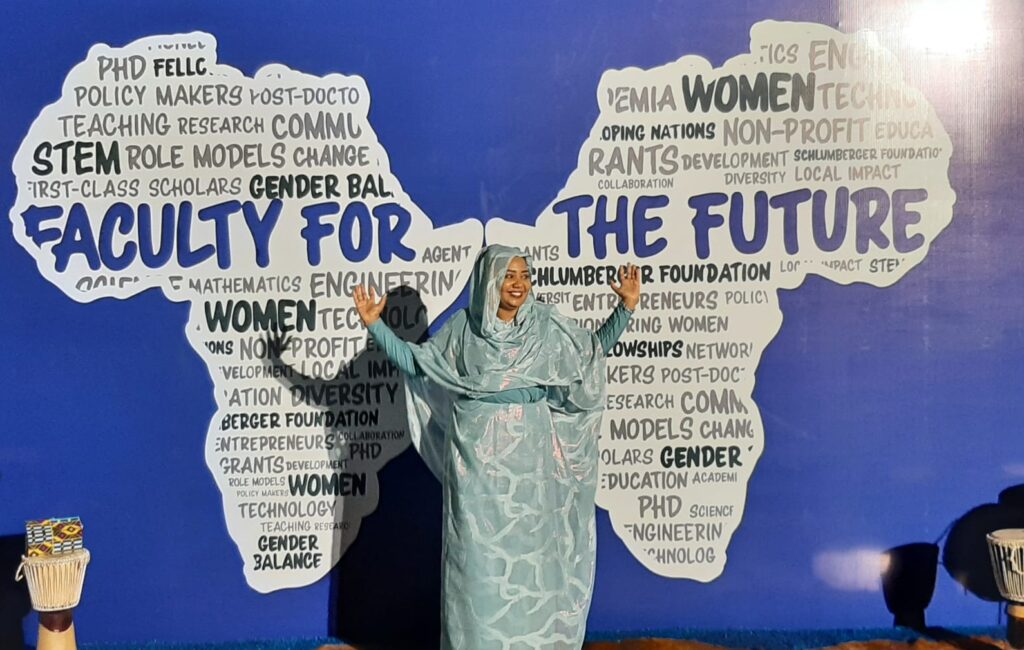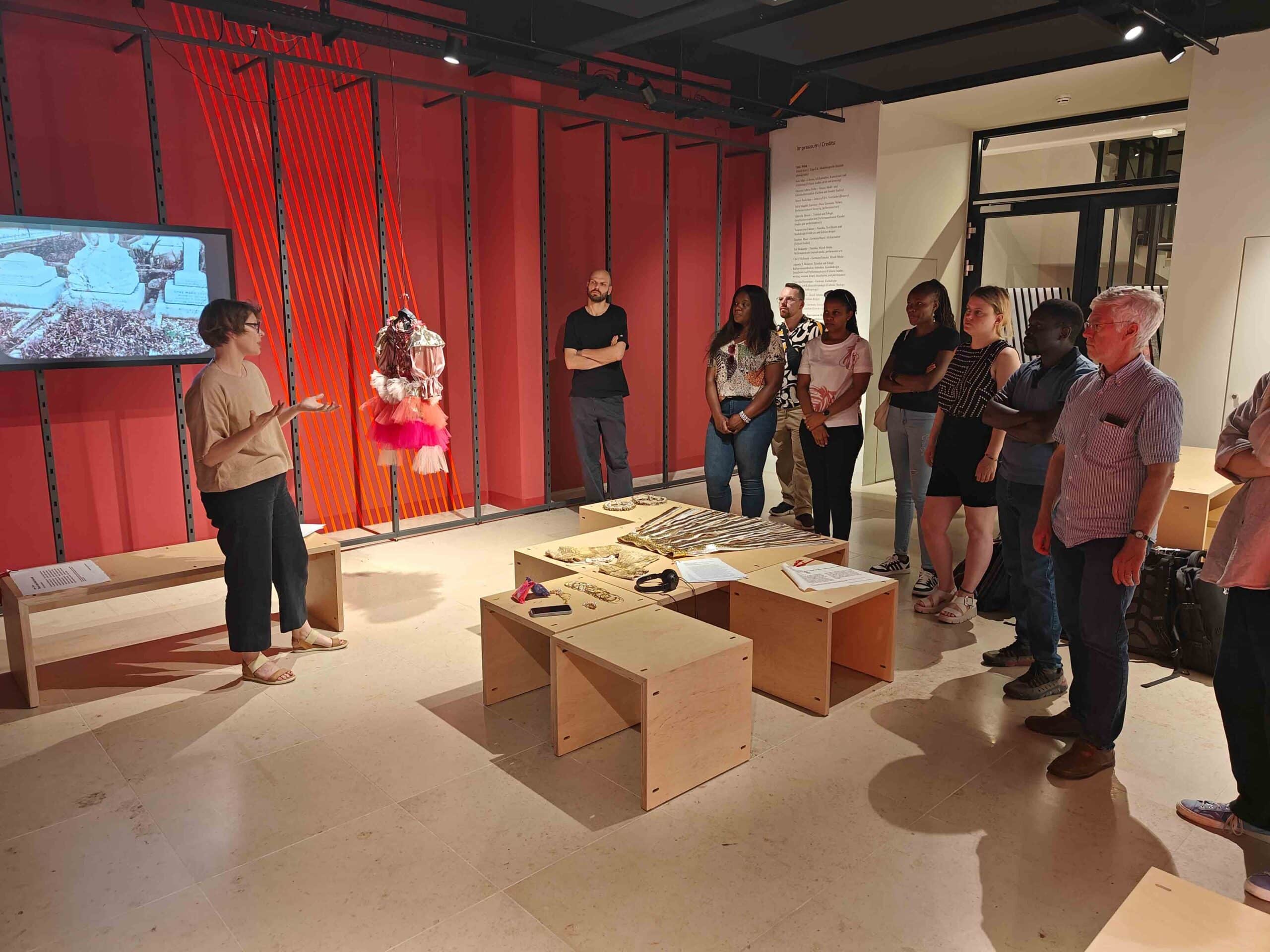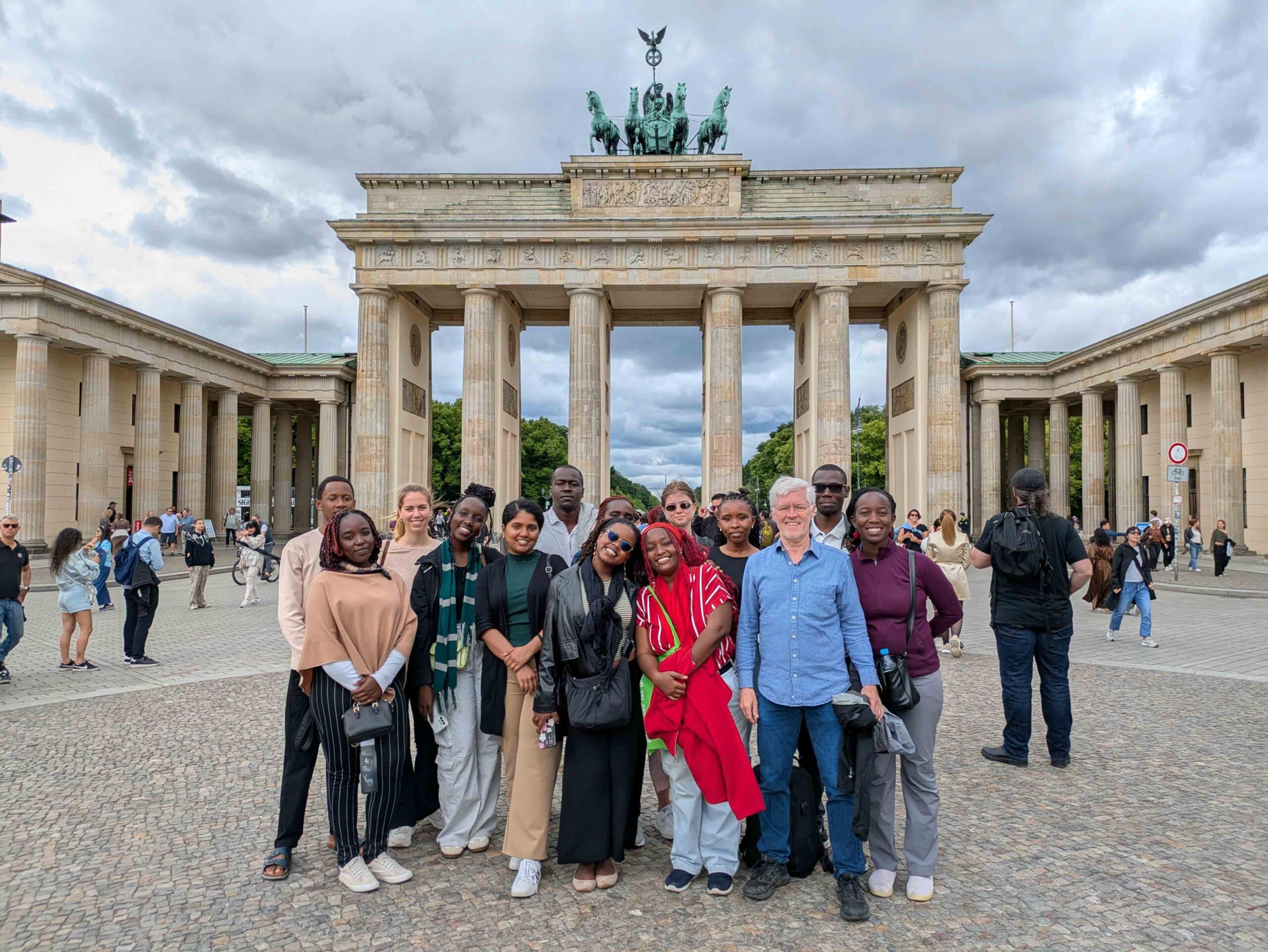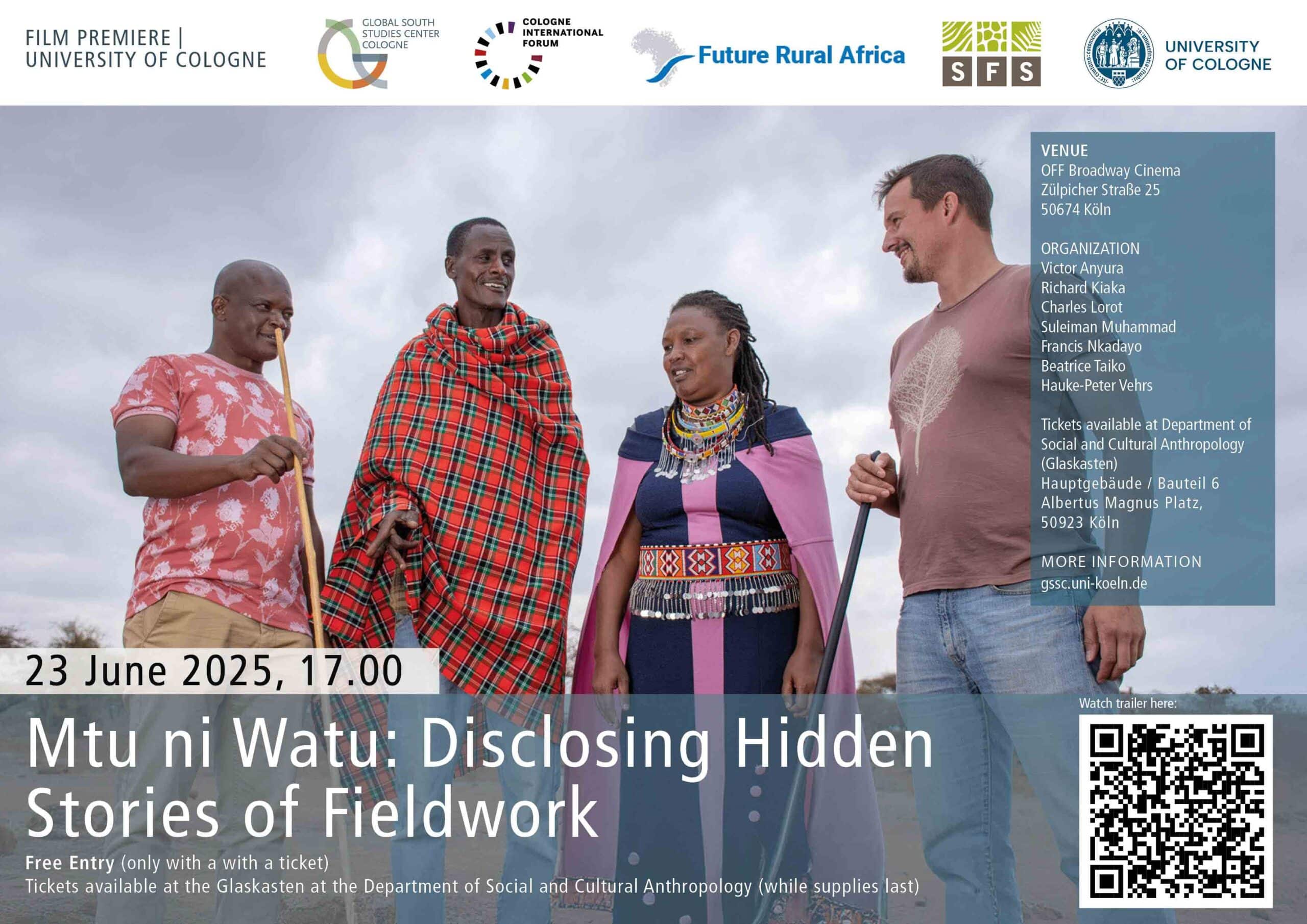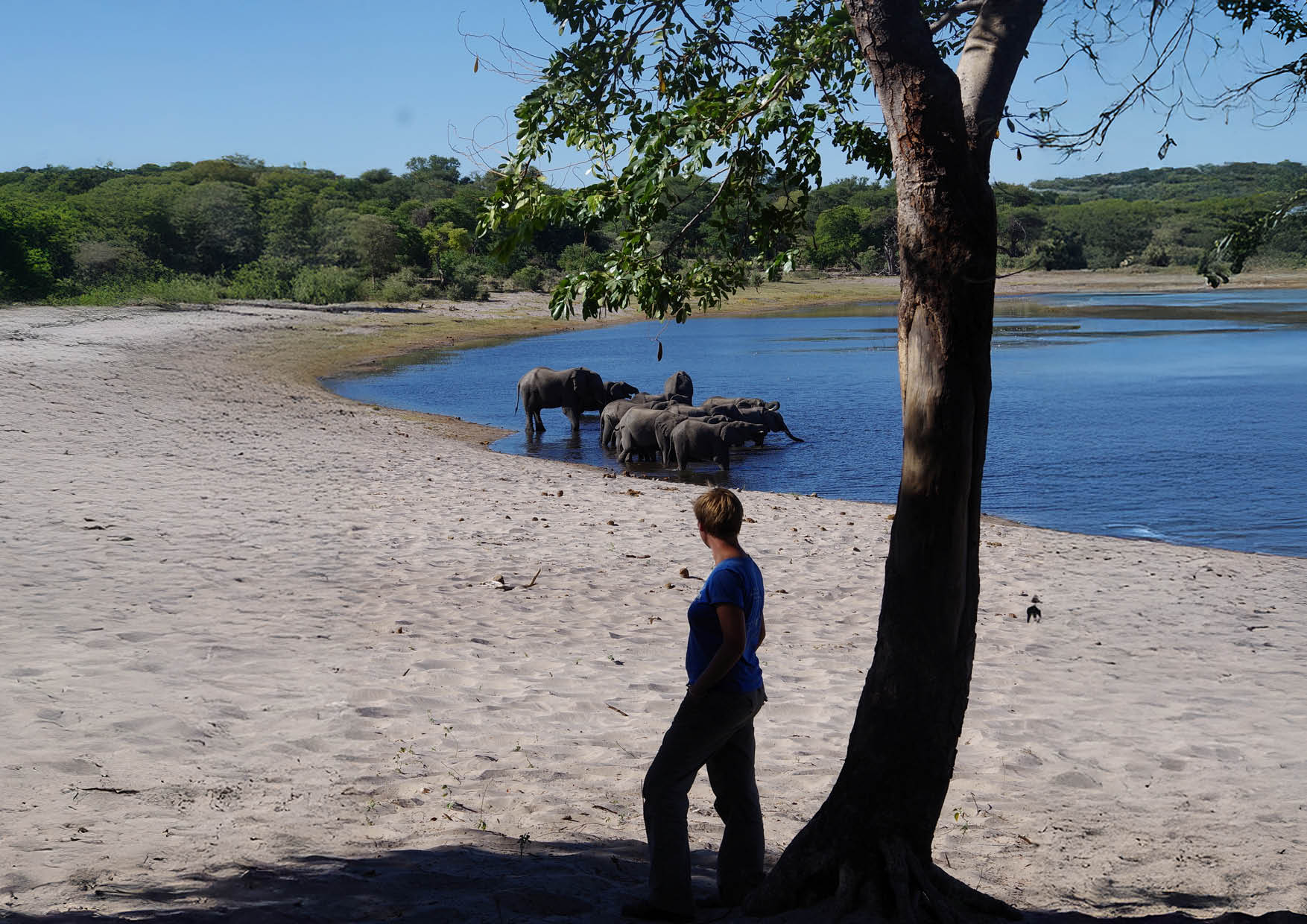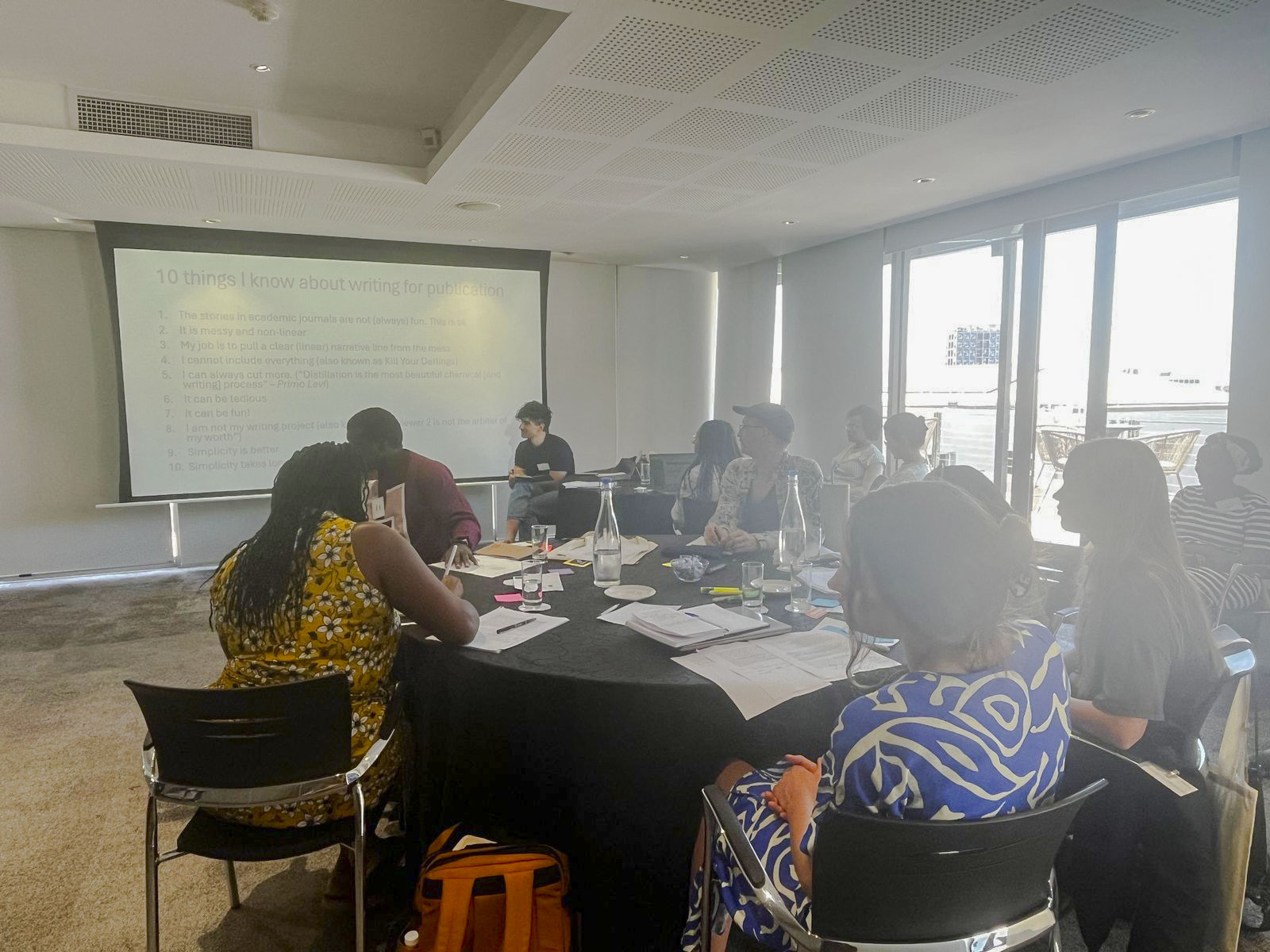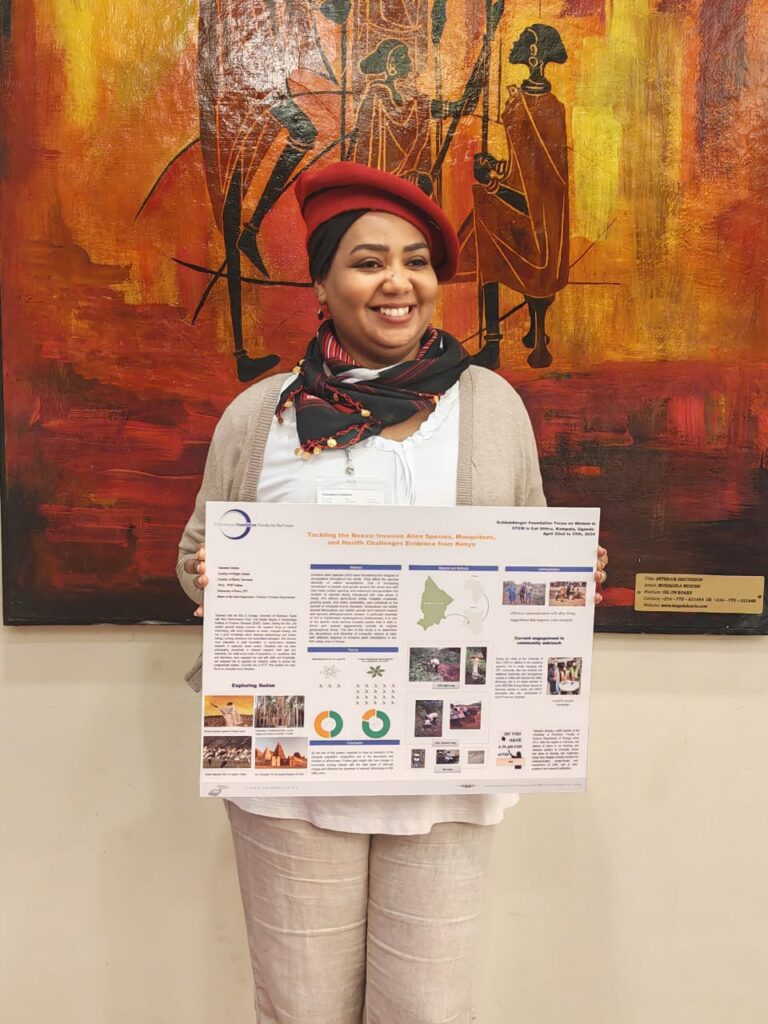
By Tasneem Osman (Project B02 Future Infections).
As a researcher with a background in medical entomology and a deep commitment to public health, my journey with the Collaborative Research Centre Rural Africa (Project B02) has been both inspiring and eye-opening. Being part of this interdisciplinary research has allowed me to explore how ecological shifts particularly invasive plant species interact with mosquito-borne diseases in East Africa. Through fieldwork in Kenya’s Rift Valley, I investigate how changes in land use and biodiversity, driven by species like Parthenium hysterophorus, impact mosquito populations and the spread of diseases such as malaria and dengue. My work aims to contribute evidence-based insights for more sustainable land management and public health strategies, fostering meaningful dialogue between science, policy, and local communities.
Over the past months, I’ve had the opportunity to attend three very different yet deeply enriching conferences—each offering a unique lens through which to reflect on my work, my journey as a scientist, and the broader impact of research across disciplines and geographies.
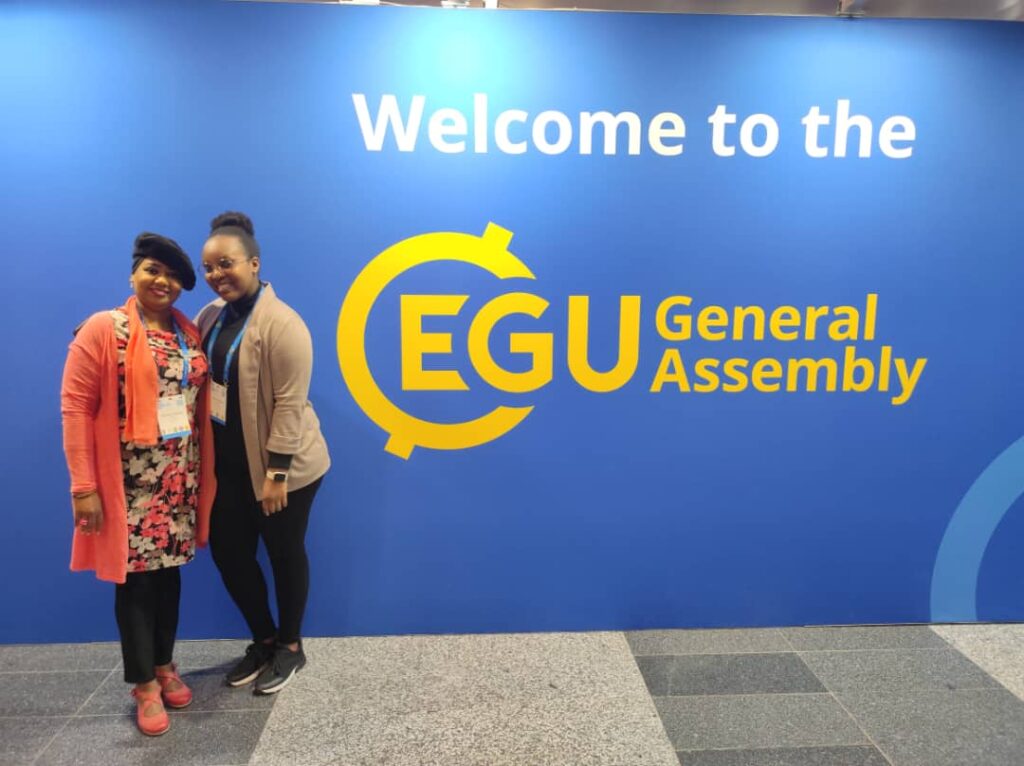
At the EGU General Assembly 2024 in Vienna, I stepped into new territory by presenting in the PICO format—an innovative blend of short talks and interactive poster sessions. The format encourages dynamic discussions and in-depth engagement with researchers from diverse backgrounds. My research on how invasive plant species in Kenya influence mosquito-borne disease dynamics sparked interdisciplinary discussions—from climate science to public health. One particularly special moment was reconnecting with a fellow Schlumberger Foundation Faculty for the Future (FFTF) alumna. In the midst of a massive international gathering, it reminded me of the power and importance of this global network of women in science.
A few weeks later, I found myself in Kampala, Uganda, not just as a researcher, but as a storyteller. At the Focus on Women in STEM in East Africa meeting, organized by the Schlumberger Foundation, I shared my personal and academic journey—highlighting the challenges and triumphs that have shaped me. Engaging with women leaders from across the continent reinforced how crucial mentorship, visibility, and inclusive leadership are in driving scientific excellence and innovation in Africa.
The thread continued at the RCMRD International Conference 2024 in Nairobi, where I returned to the policy interface of my work. Presenting to an audience of regional stakeholders, researchers, and practitioners, I saw how science can—and must—inform land-use management and public health strategies. Here, too, networks proved powerful: not only for advancing collaboration but also for translating scientific insights into practical, scalable solutions.
Taken together, these events reaffirmed that science doesn’t happen in silos. Whether in Vienna, Kampala, or Nairobi, the most meaningful moments emerged through exchange—of knowledge, of lived experience, and of visions for a healthier, more equitable future. I return to my work energized, and more committed than ever to building bridges—between disciplines, between research and policy, and among communities of scientists shaping change from the ground up.

